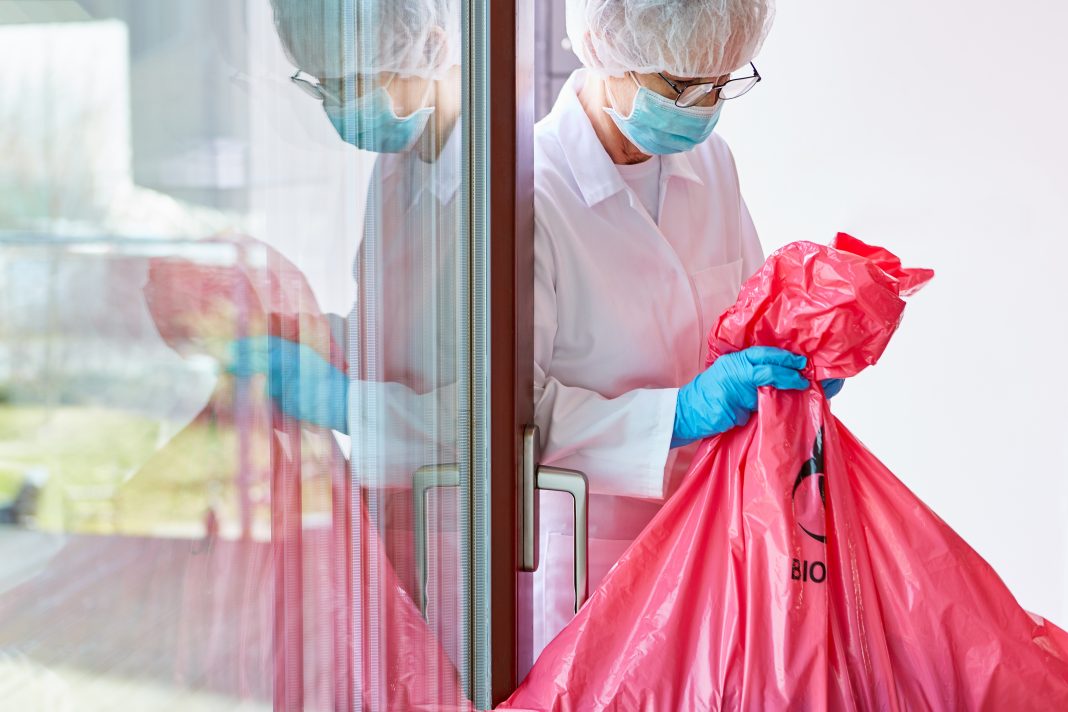Here, Dr. Mónica Rodrigues explores the Portuguese Council for Health and Environment (CPSA) efforts to prevent climate change, promote sustainability, enact a Global Health System Strategy and so much more
There is overwhelming evidence that climate change and ecosystem degradation significantly impact people’s health. There is also evidence that these changes are occurring at a rate that is fast approaching irreversibility, threatening the future of humanity. Nevertheless, we also know that the health sector is the 5th largest responsible for greenhouse gas emissions. Reversing this threat still seems possible, but it depends on each country, each organisation and each person’s decisions in the coming years.
Healthcare professionals, as advocates for patients – but also as citizens – have the ethical obligation to be involved in this global wake-up call. The World Health Organization (WHO) and several associations and scientific societies in different countries have already called for this engagement.
The CPSA and its battle against climate change
The Portuguese Council for Health and Environment (CPSA) is a not-for-profit organisation founded in October 2022, which gathers 48 health-related entities, including six professional public associations, eleven associations, seven pharmaceutical industry laboratories, fifteen scientific societies, three private health groups, three academic institutions and other organisations.
The CPSA’s goals is to intervene in climate crisis and environmental degradation issues and its health impacts, advocate for reducing the sector’s environmental footprint, and empower the health system in facing the epidemiological challenges and unexpected events arising from climate change and environmental catastrophes.
The CPSA advocates and supports actions that can reduce the impact of environmental changes, – such as reducing greenhouse gas emissions and pollution in general – water quality, food safety and loss of biodiversity. The Portuguese Council for Health and Environment subscribes to the One Health concept, understanding that human health is connected with environmental and animal health.
Fighting for a Global Health System Strategy
The CPSA advocates the urgent need for a Global Health System Strategy that reduces its carbon footprint, promotes environmentally sustainable practices and responds to environment-related health problems. This strategy should be both explicit and participatory, involving people and organisations across different sectors and levels of accountability, including collaborations with manufacturers and suppliers of health commodities and services, and should promote:
- A zero-emission goal for the Health sector by 2035
- Investment in energy and water efficiency and in renewable energies
- The electrification of transportation in the Health sector
- The full transition to LED lamps in lighting
- Telemedicine and proximity care that reduces patient and professional dislocations
- Updating legislation on the classification of hospital waste
- Creating green spaces in health units
- The reduction of all waste
- The inclusion of sustainability requirements in the licensing regulations for the construction and renovation of health units.
Clear targets must be set for the health system that point to zero scope 1 emissions in 2035, meaning the emissions that result directly from the national healthcare system activity. In 2040, we intend to reach emission neutrality in scope 2 and 3, the indirect emissions from the national healthcare system activity.
Defining recommendations to ensure sustainability
The Portuguese Council for Health and Environment proposes, in collaboration with its members, to define and promote a set of recommendations that support good sustainability practices in healthcare, thus reducing the environmental impact in each of its areas or subsectors, through the Green Health Movement (MSV), beginning in 2023, to meet the Sustainable Development Goals (SDGs). The MSV aims to enable a change in behaviour at all levels, in the public and private healthcare sectors, to reduce greenhouse emissions and waste and also to improve the quality of healthcare.
We are also set on raising the awareness of the general population, as well as health professionals’, on these topics, through our website, social media, training workshops, and through partnerships or sponsorships. Likewise, the Portuguese Council for Health and Environment supports the introduction of these topics in under and post-graduate professional training.
Understanding the true urgency of the situation
The upcoming decades present us with tremendous global challenges. In order to enable health services to respond to the epidemiological transition brought upon by climate change, environmental degradation and unexpected events such as fires, floods, droughts and pandemics, the CPSA recommends, among other measures, the development of Clinical Guidelines for these areas, the existence of emergency plans at all levels, the integration of the different levels of care, including social assistance, the set up of robust information and communication systems, the adequate number and differentiation of human resources, the reduction of inequalities in access to quality healthcare, and the science-based monitoring of political decisions. As one of its goals is to encourage and promote research in this area, the CPSA proposes to create an annual award for the best research work in Health and Environment and to favour studies that will bring in new knowledge relevant to the national context.
We intend to identify opportunities for improvement and we will indeed demand these, but we also see ourselves as partners to all those who advocate for the healthcare of our citizens and their right to a sustainable, happy and healthy life.
There is in this a sense of urgency. Some changes are already irreversible. And this is why the Portuguese Council for Health and Environment declares the impact of climate change and environmental degradation to be a public health emergency.

Direction of the Portuguese Council for Health and Environment (CPSA)
- Luís Campos – President
- João Queiroz e Melo – Vice-President
- Mónica Alexandra Rodrigues – Vice-President
- Óscar Gaspar – Treasurer
- José Vítor Malheiros – Secretary
- Rita Oliveira – Vowel
- Nuno Jorge – Vowel
- Cátia Sá Guerreiro – Vowel

This work is licensed under Creative Commons Attribution-NonCommercial-NoDerivatives 4.0 International.


